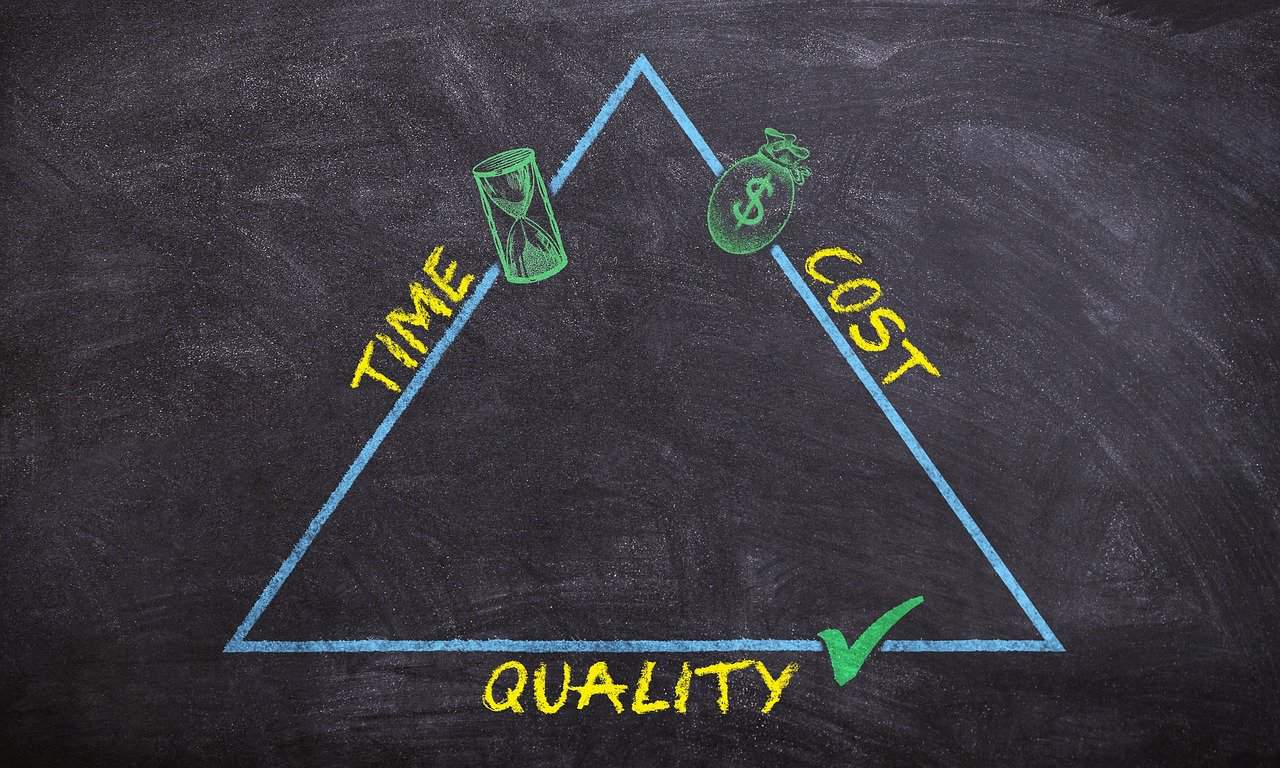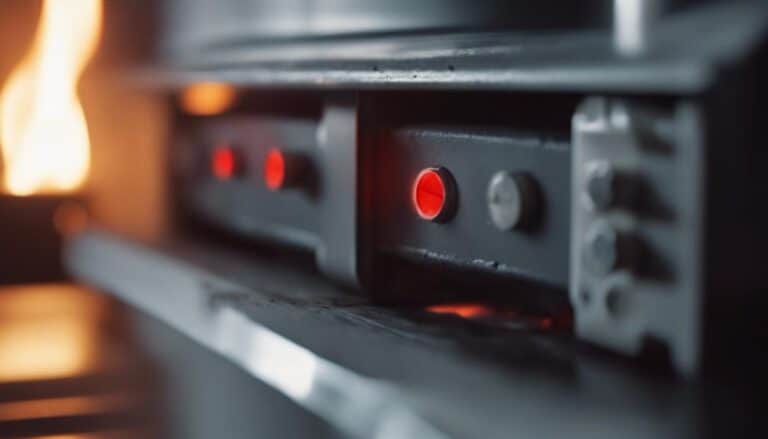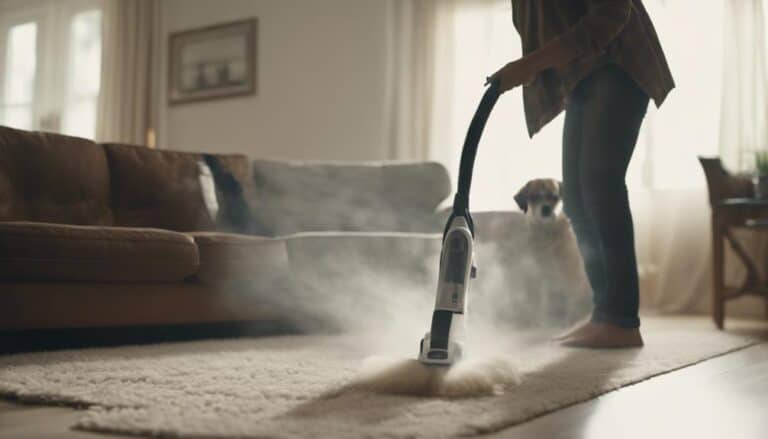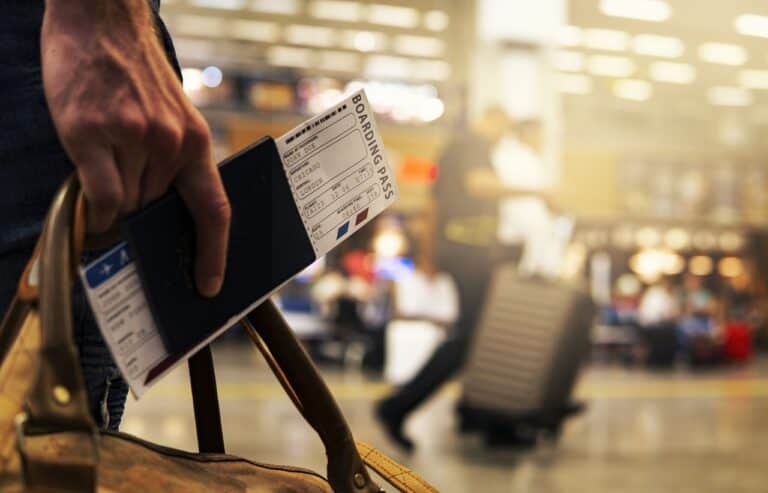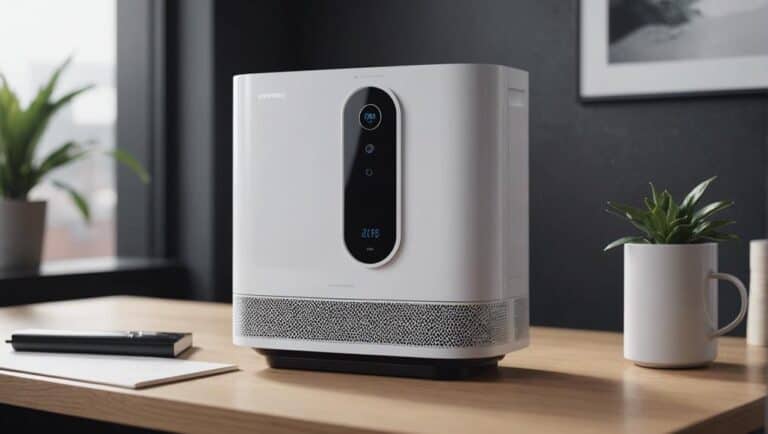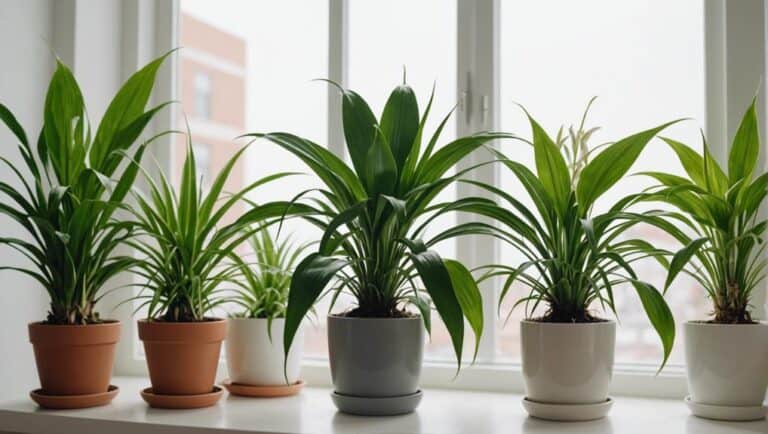Analyzing the Bottom Line: Evaluating the Cost Efficiency of Dyson Air Purifiers
Air purifiers have become an indispensable part of our lives, especially in today’s increasingly polluted world. With a multitude of options available in the market, it can be challenging to make an informed choice when selecting an air purifier that effectively cleanses the indoor air while also being cost-efficient.
In this article, we delve into a comprehensive analysis of Dyson Air Purifiers’ bottom line by evaluating their cost efficiency. By examining factors such as initial investment, recurring expenses, and long-term benefits, we aim to provide readers with valuable insights enabling them to make wise and financially sound decisions when improving their indoor air quality using Dyson Air Purifiers.
Initial Investment: Understanding the Upfront Costs
Understanding the Upfront Costs
Before diving into the cost efficiency of Dyson Air Purifiers, it’s important to first understand the initial investment required. Here are a few key points to consider:
- Purchase Price: The upfront cost of a Dyson Air Purifier can range from $300 to $800, depending on the specific model and features you choose. This initial expense may seem high, but it’s essential to factor in its long-term benefits.
- Installation: Dyson Air Purifiers are designed for easy installation without professional help. Simply unbox, plug in and follow the user-friendly instructions provided with your unit.
With these considerations in mind, let’s move forward and examine how these initial costs translate into long-term savings when it comes to energy consumption and maintenance expenses.
Recurring Expenses: Evaluating the Ongoing Financial Commitment
Dyson Air Purifiers may come with an initial higher price tag compared to other air purifier brands, but it is important to also consider the recurring expenses that come with owning one. Here are a few key points to evaluate when assessing the ongoing financial commitment:
- Filter Replacement Costs: The filters used in Dyson Air Purifiers typically need replacement every six months or so depending on usage. These filters can be quite expensive, adding to the overall cost of ownership over time.
- Electricity Usage: Like any electronic device, Dyson Air Purifiers consume electricity while operating. Although they are energy-efficient models, it is essential to factor in their daily energy consumption and how it might impact your monthly utility bills.
- Maintenance and Repairs: While Dyson products are known for their durability and reliability, there may still be instances where maintenance or repairs would be necessary during its lifespan. It’s crucial to account for these potential costs when evaluating the long-term financial implications of owning a Dyson Air Purifier.
By considering these recurring expenses alongside the upfront cost, you can make a more informed decision about whether investing in a Dyson Air Purifier aligns with your budget and financial goals.
Long-term Benefits: Assessing the Cost Savings and Health Impact
Long-term benefits of Dyson Air Purifiers
Cost savings
Investing in a Dyson Air Purifier can lead to long-term cost savings. By improving indoor air quality, these purifiers reduce the risk of respiratory illnesses, allergies, and other health issues. This means fewer doctor visits, medication costs, and missed days of work or school due to illness.
In addition, Dyson Air Purifiers are energy efficient and have a low maintenance cost. They use advanced filtration technology that only requires replacement filters every 12 months on average. This saves you money compared to air purifiers that require frequent filter replacements.
Health impact
Dyson Air Purifiers provide significant health benefits for individuals with asthma or allergies by capturing harmful pollutants such as dust mites, pet dander, pollen particles, and volatile organic compounds (VOCs). By removing these irritants from the air you breathe, these purifiers can alleviate symptoms and improve overall respiratory health.
Moreover, cleaner air has been linked to better sleep quality and increased productivity. Breathing fresh air throughout the day can enhance concentration levels and cognitive performance. Therefore,A Dyson Air Purifier not only improves physical well-being but also contributes to mental clarity and efficiency in various aspects of life.
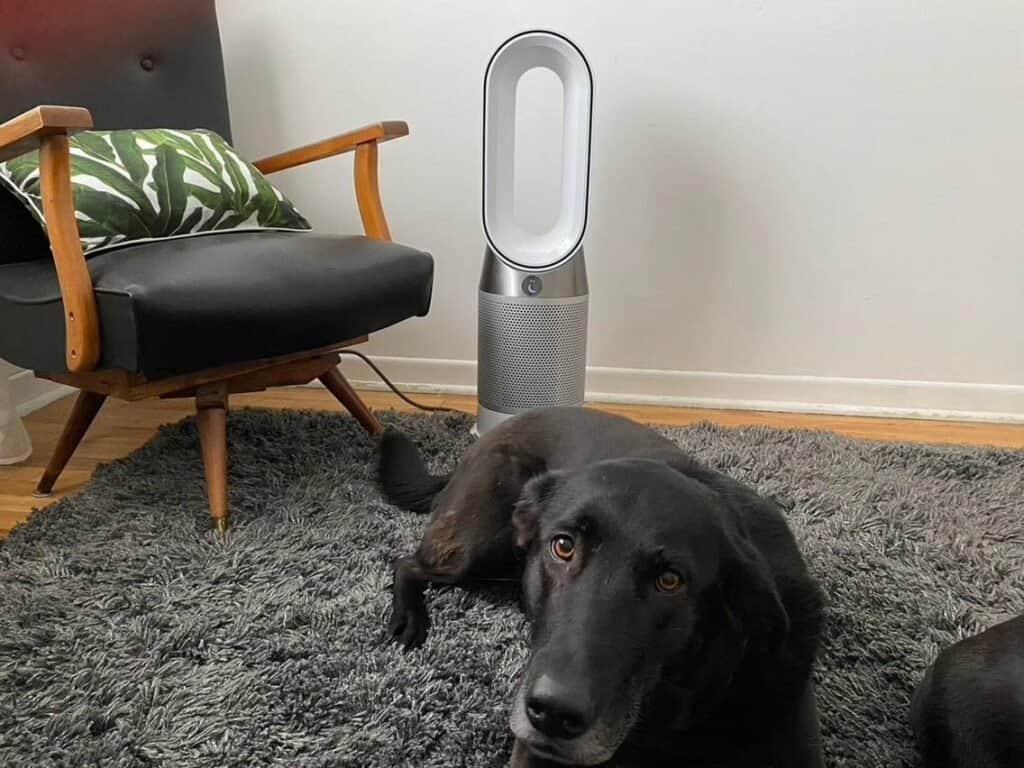
Comparing Dyson Air Purifiers: Analyzing the Cost Efficiency Across Models
Cost Efficiency of Dyson Air Purifiers
When comparing the cost efficiency across models of Dyson air purifiers, it is important to consider both the upfront price and the long-term operating expenses. The Dyson Pure Cool TP01 model has a lower initial cost compared to other models in the lineup. However, it does not have as many advanced features and may require more frequent filter replacements.
On the other hand, the Dyson Pure Hot + Cool HP04 offers powerful heating and cooling capabilities, making it a versatile choice for year-round use. While this model comes with a higher price tag upfront, its energy-efficient design helps to reduce overall electricity costs over time.
Ultimately, consumers should carefully weigh their budget constraints with their desired functionality when choosing among Dyson air purifier models. Considering factors such as maintenance costs and power consumption can help individuals make an informed decision that maximizes both quality and cost efficiency.
